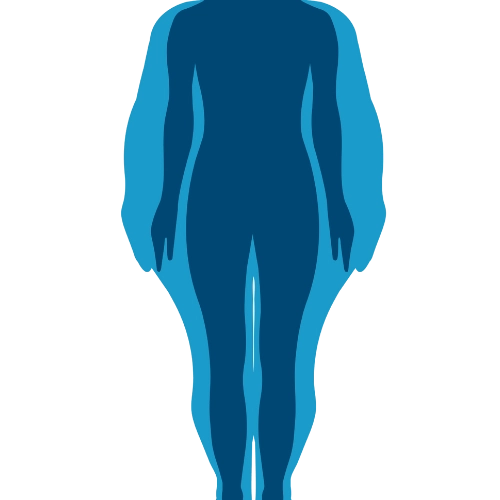
Don't let obesity take away your health and independence
Start building a healthier life
Obesity is a medical condition in which excess body fat accumulates to the extent that it may have a negative effect on health. It is defined as having a body mass index (BMI) of 30 or higher. Obesity is a complex and multifactorial disease that is caused by a combination of genetic,environmental, and behavioural factors.

Dr. Rachna Kucheria
Dr. Rachna Kucheria is a family physician with over 25 years experience. MD from AIIMS, New Delhi & MD, USC (California). Certified by the American Board of Obesity Medicine, her emphasis on early, accurate diagnosis; appropriate (few) medicines; and clear patient communication, sets her apart as one of the most trusted physicians in Delhi.
The treatment of obesity focuses on reducing body weight through a combination of diet, physical activity, and behavior changes. In some cases,medication or weight loss surgery may also be recommended.
Obesity is a medical condition characterised by excessive accumulation of body fat that may lead to negative health outcomes.
Obesity is typically measured using body mass index (BMI), which is calculated by dividing a person's weight in kilograms by their height in metres squared.
Obesity increases the risk of various health problems, including type 2 diabetes, heart disease, stroke, high blood pressure, certain types of cancer, and sleep apnea.
The primary cause of obesity is an imbalance between the calories consumed and the calories expended. Factors that can contribute to this imbalance include genetics, lifestyle habits, and environmental factors.
Obesity can be treated through a combination of diet, exercise, and behavioural changes. In some cases, medication or weight-loss surgery may be recommended.
Some lifestyle changes that can help with weight loss include eating a healthy, balanced diet, engaging in regular physical activity, getting enough sleep, and managing stress.
While there is no guaranteed way to prevent obesity, maintaining a healthy lifestyle by eating a balanced diet, exercising regularly, and managing stress can help reduce the risk of becoming overweight or obese.
Healthcare providers can play an important role in managing obesity by providing education and support, monitoring patients' progress, and prescribing appropriate treatments when necessary.